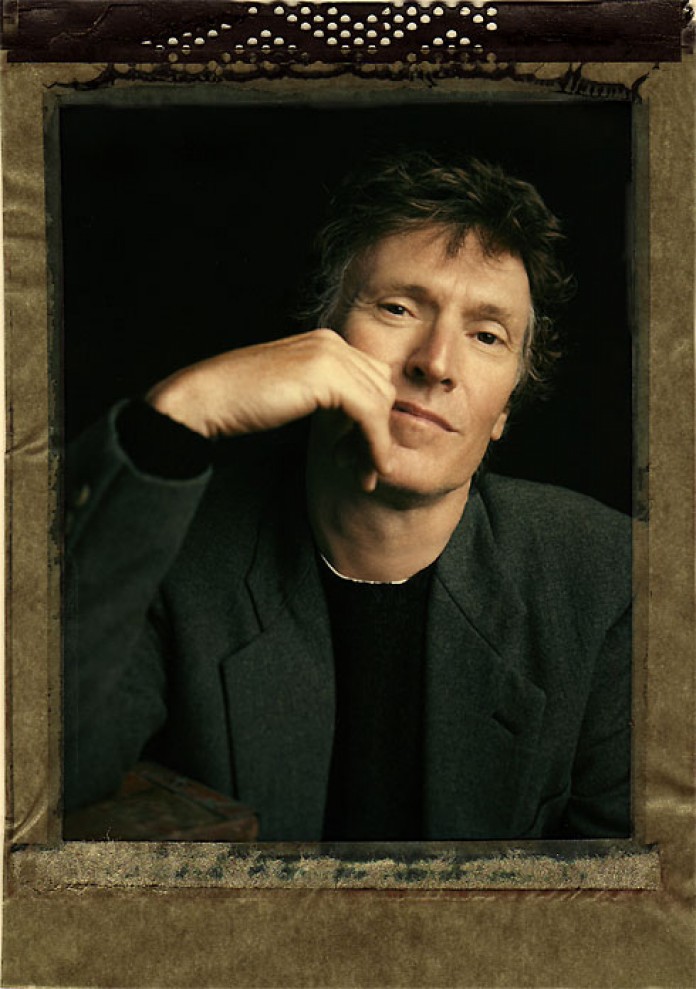The miracle of Steve Winwood's voice in the Sixties, on his churning R&B hits with the Spencer Davis Group and in the bucolic psychedelia of the first Traffic records, was that a white English teenager could sound so black and adult. The wonder of "I'm Not Drowning," the acoustic, rolling blues that opens his new album, is that Winwood, almost 60, sings the fighting words with the ecstatic force of his youth. His voice is a deeper, huskier shade of British blues, but it's consistent in its strength and optimism all over Nine Lives. "I'm Not Drowning" is a kind of overture to the rest of the album, on which Winwood revives the airy funk and reflective jamming of Traffic's 1971 classic, The Low Spark of High-Heeled Boys. He charges songs like "Fly" and the Afro-delic "Hungry Man" with his signature Hammond-organ flourishes (stabbing, angular chords; rippled sustain), while the combination of guest guitarist Eric Clapton's crusty, coiled-blues soloing over Winwood's final vocal surge in "Dirty City" is more of what they achieved together at their recent live reunion in New York - and another good reason why they should keep going.



